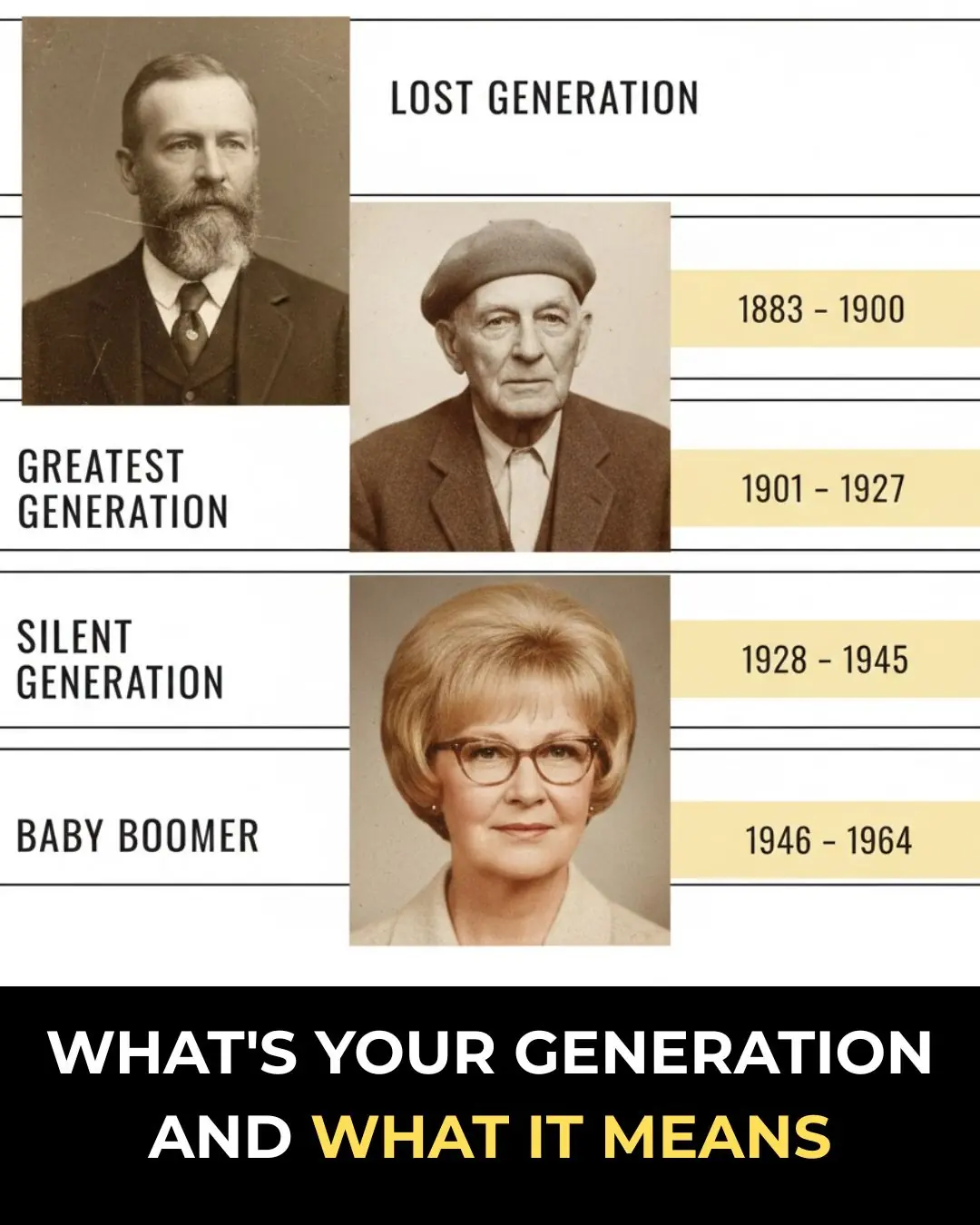
Why You Shouldn't Pour Coffee Grounds into the Sink
Coffee is one of the most popular beverages worldwide, enjoyed by millions of people every day. With the rise in coffee consumption, many coffee drinkers find themselves with leftover coffee grounds, unsure of the best way to dispose of them. One common practice is to pour the used coffee grounds down the sink. However, this seemingly harmless action can have several negative consequences. In this article, we will explore the reasons why you should avoid pouring coffee grounds into the sink and suggest more environmentally friendly alternatives for disposal.
1. Clogging the Pipes
One of the most significant reasons not to pour coffee grounds into the sink is the potential for clogging your pipes. While coffee grounds may seem like a harmless substance to dispose of in the sink, they can accumulate and cause blockages over time. When coffee grounds enter the drain, they don't dissolve in water. Instead, they clump together and create a thick sludge that can easily block pipes.
Even if you have a garbage disposal unit, coffee grounds can still pose a problem. The disposal can grind up the grounds, but they still don’t dissolve, leading to a build-up of waste that eventually clogs the system. Over time, this can lead to slow drainage, unpleasant odors, and expensive plumbing repairs. To avoid these issues, it's best to dispose of coffee grounds in a way that won't compromise your plumbing system.
2. Environmental Impact
Another important reason not to pour coffee grounds down the sink is the environmental impact. Coffee grounds are a natural waste product, and while they may seem insignificant, they can cause problems for the environment when disposed of improperly. When coffee grounds enter the water system through your plumbing, they can contribute to the buildup of sludge in sewage treatment plants. This makes it more difficult for treatment facilities to process wastewater, potentially leading to increased energy usage and higher costs.
Additionally, coffee grounds can contain oils and other compounds that can affect water quality. These substances may not break down easily in the environment and can harm aquatic ecosystems if they enter rivers, lakes, or oceans. By finding a more sustainable way to dispose of coffee grounds, you can help reduce your environmental footprint.
3. Harmful for Septic Systems
For households with septic systems, pouring coffee grounds down the sink can have even more serious consequences. Septic systems rely on a natural biological process to break down waste. When solid materials, such as coffee grounds, are introduced into the system, they can disrupt this process. The grounds can accumulate in the tank, leading to clogs that prevent the system from functioning properly.
If the septic system becomes clogged, it may result in slow drainage, unpleasant odors, and in severe cases, system failure. Repairing or replacing a septic system is a costly and labor-intensive process. To avoid these issues, it’s essential to dispose of coffee grounds in a way that does not burden your septic system.
4. Better Disposal Methods for Coffee Grounds
While it’s clear that pouring coffee grounds into the sink can cause a variety of issues, there are several alternative methods for disposing of them in a more environmentally friendly and plumbing-safe way. Below are some of the best alternatives:
a. Composting Coffee Grounds
One of the best ways to dispose of coffee grounds is by composting them. Coffee grounds are rich in nitrogen, which makes them an excellent addition to a compost pile or bin. When mixed with other compostable materials like leaves, grass clippings, and kitchen scraps, coffee grounds help create nutrient-rich soil. This compost can then be used to enrich the soil in your garden, helping your plants grow stronger and healthier.
If you don't have a composting system, many local municipalities offer composting programs where you can drop off organic waste. Additionally, some community gardens may accept coffee grounds for composting purposes. Composting is a great way to recycle coffee grounds and reduce waste while benefiting your garden.
b. Using Coffee Grounds as Fertilizer
Coffee grounds can also be used directly as a fertilizer for your plants. Simply sprinkle the grounds around the base of your plants, or mix them into the soil to improve its texture and nutrient content. The grounds can help increase the acidity of the soil, which benefits acid-loving plants like blueberries, tomatoes, and roses.
In addition to providing nutrients, coffee grounds can also help repel pests like ants, slugs, and snails. Their coarse texture makes it difficult for these pests to cross, providing a natural barrier for your plants. However, it's important to use coffee grounds in moderation, as excessive amounts can make the soil too acidic for certain plants.
c. Repurposing Coffee Grounds for Household Cleaning
Coffee grounds have abrasive properties, making them useful for scrubbing tough stains and grease. Instead of throwing away your used grounds, you can repurpose them for cleaning tasks around the house. For example, they can be used to scrub pots, pans, and kitchen surfaces to remove grime and food residues. The grounds’ coarse texture acts as a natural scrubber, helping to clean without the need for harsh chemicals.
Additionally, coffee grounds can be used as a deodorizer. Placing a small container of dried coffee grounds in your fridge, freezer, or pantry can help absorb unpleasant odors. They can also be used to neutralize odors in shoes, trash cans, or gym bags.
d. Donating Coffee Grounds to Local Farmers or Gardeners
If you don’t have a compost pile or garden of your own, consider donating your used coffee grounds to local farmers or gardeners. Many people use coffee grounds to improve soil quality, and some may even accept donations of used grounds. By donating, you can help others enrich their gardens while keeping the grounds out of the landfill.
5. Conclusion
While it might be tempting to pour coffee grounds down the sink after brewing your morning cup of coffee, this practice can lead to clogged pipes, environmental damage, and complications for septic systems. Fortunately, there are many sustainable and safe alternatives for disposing of coffee grounds, including composting, using them as fertilizer, repurposing them for cleaning, or donating them to local gardeners.
By making a conscious effort to dispose of coffee grounds responsibly, you can reduce your environmental impact, protect your plumbing, and contribute to a more sustainable future. Instead of sending your coffee grounds down the drain, take the time to explore these better alternatives and make a positive change for both your home and the planet.
News in the same category

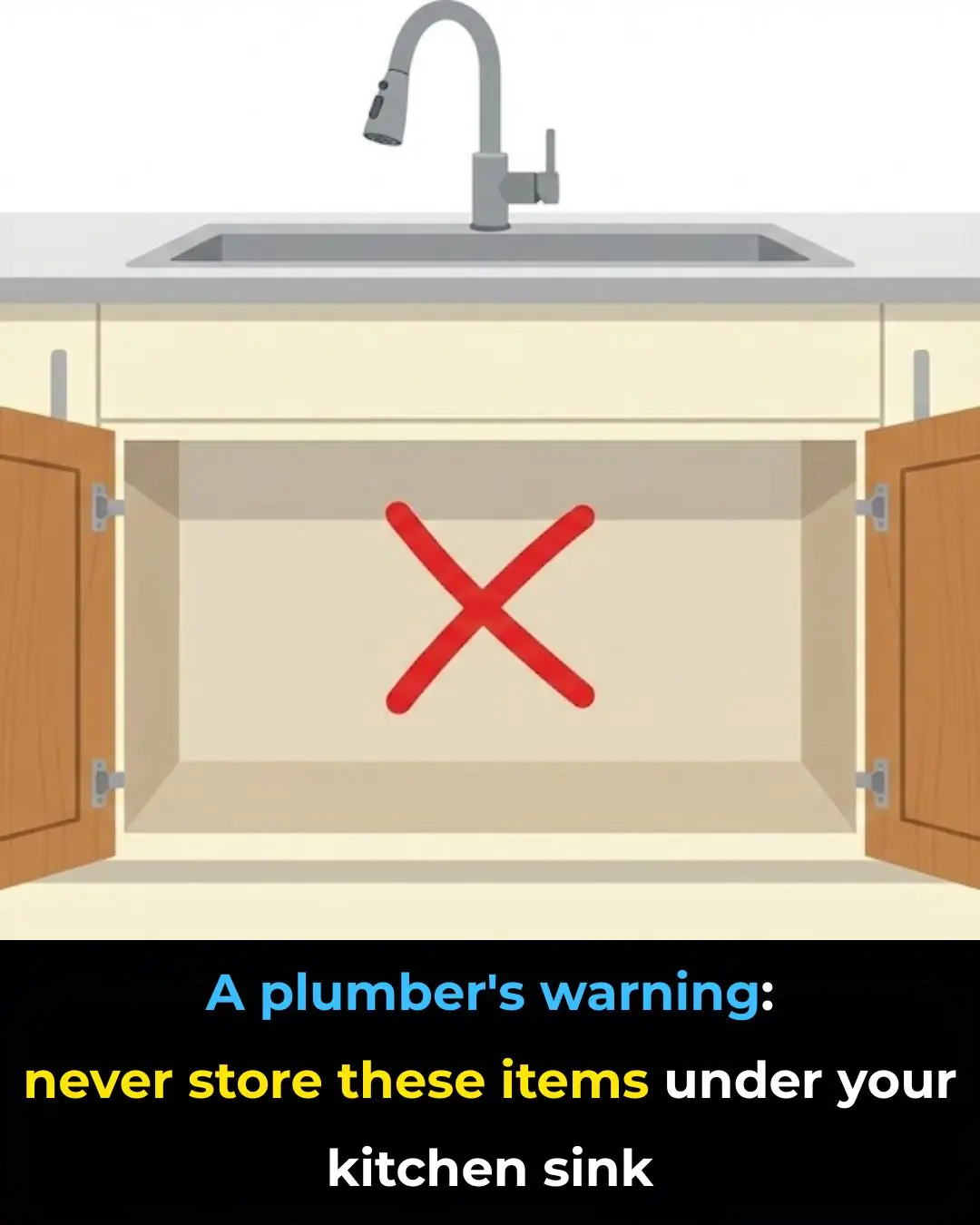
🚫 5 Dangerous Items You Should NEVER Store Under Your Kitchen Sink (One Could Poison Your Family)
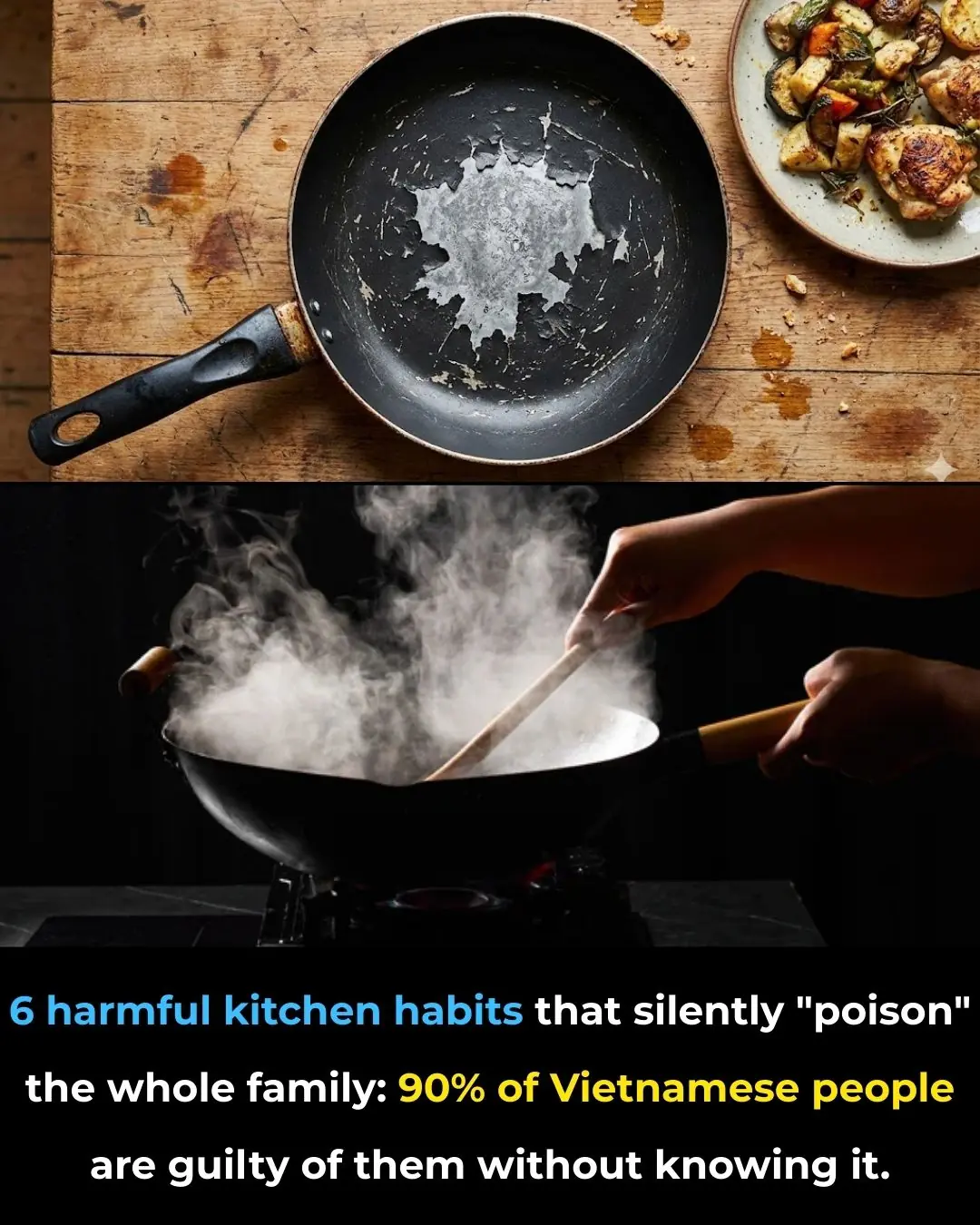
Six Harmful Kitchen Habits That Silently “Poison” Your Family
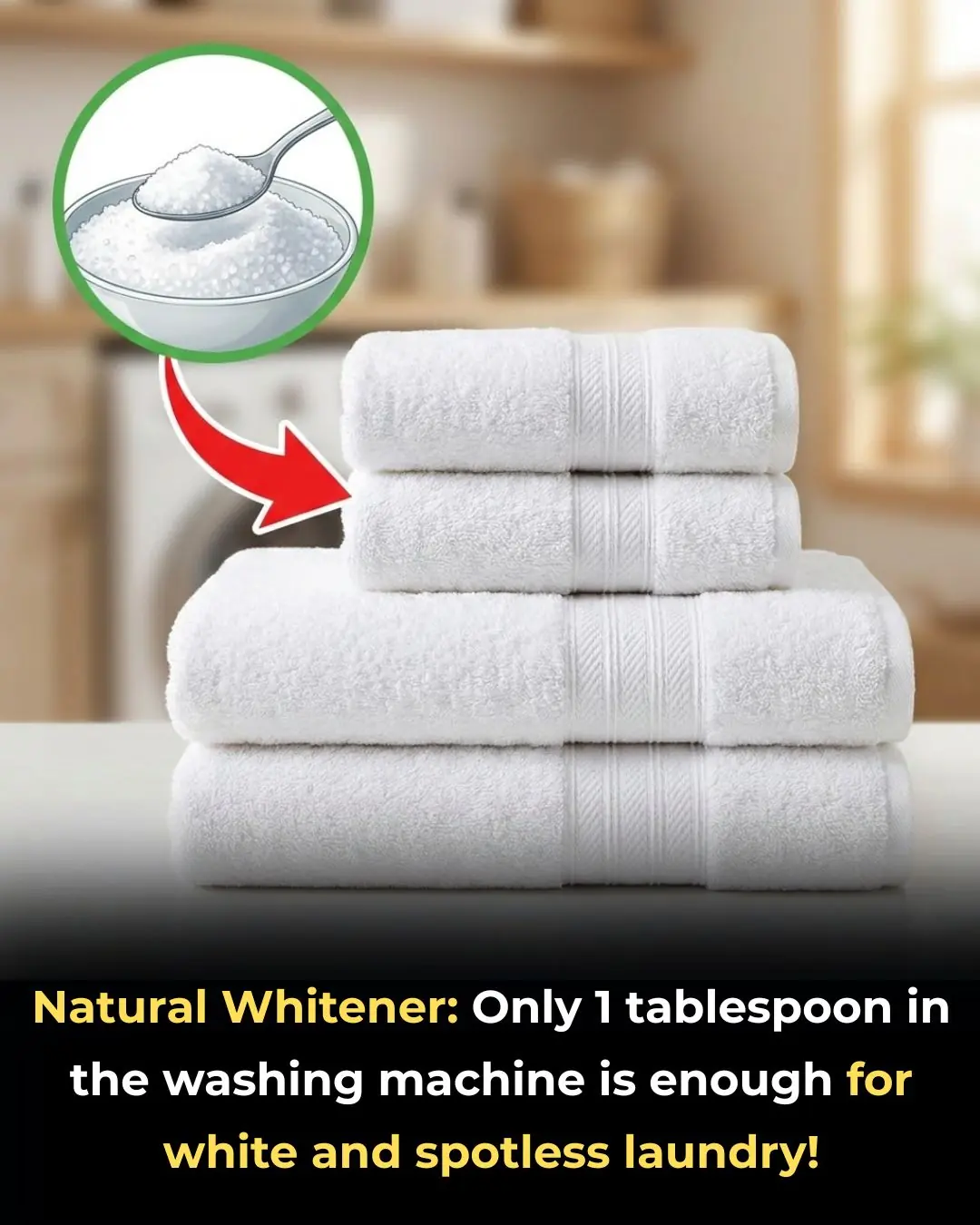
How to Whiten Laundry Naturally

Harvard Doctor Reveals Foods You Should Avoid to Prevent Inflammation

Doctor Warns of Mesotherapy’s Risky Side, Causing Reptile-Like Skin

If you buy corn and don't finish it, boil it first before freezing it or put it straight into the freezer – this is the professional way.

Tips for preserving banh chung (Vietnamese sticky rice cake) so it stays soft and delicious even after Tet.

Place a bottle of medicated oil by your bedside and receive 3 special benefits.

5 tips to keep your bathroom smelling fresh and clean using natural ingredients.
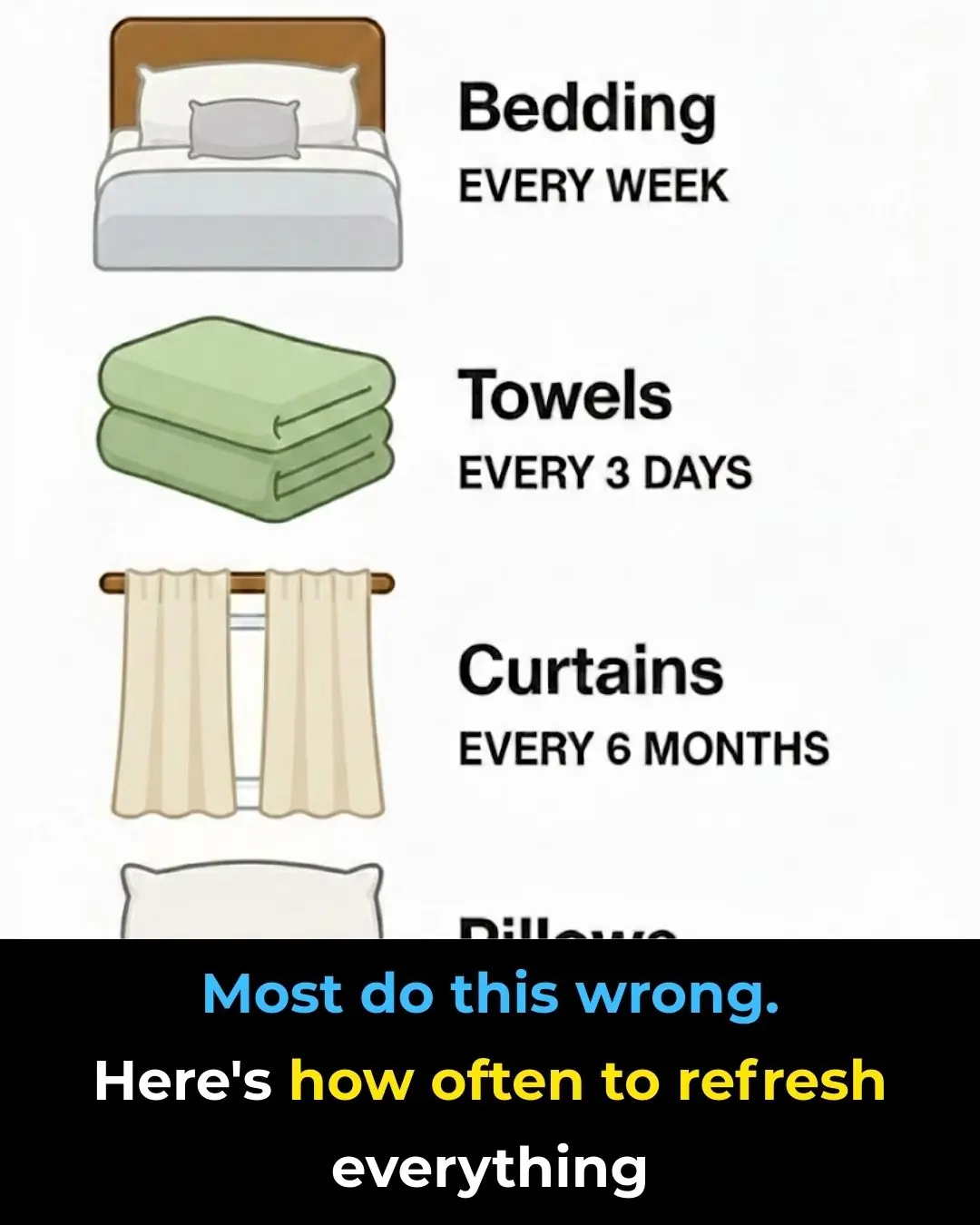
Most do this wrong. Here's how often to refresh everything
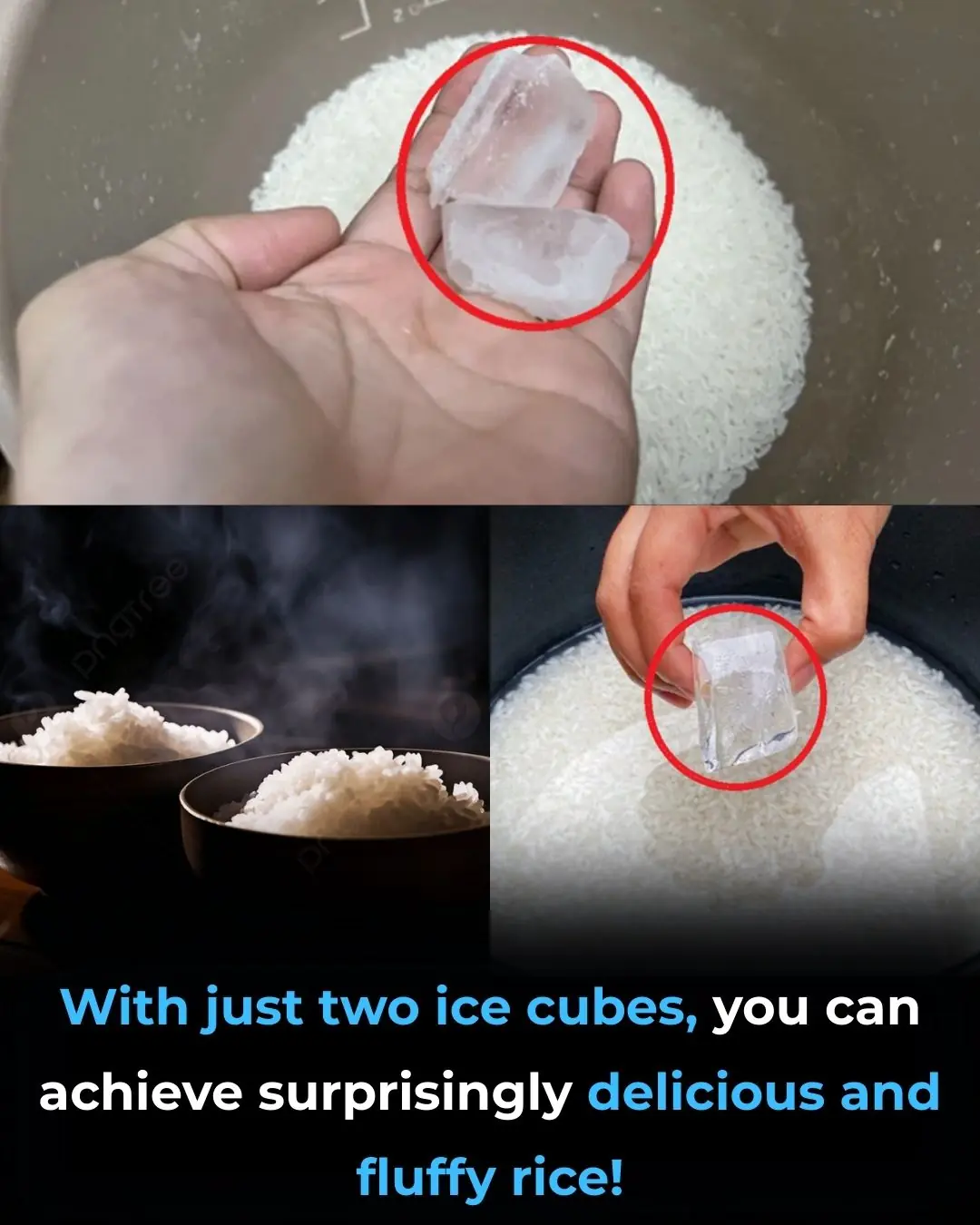
Just Two Ice Cubes: A Simple Trick for Softer, More Fragrant Rice

What It Means When a Black Cat Comes Into Your Home
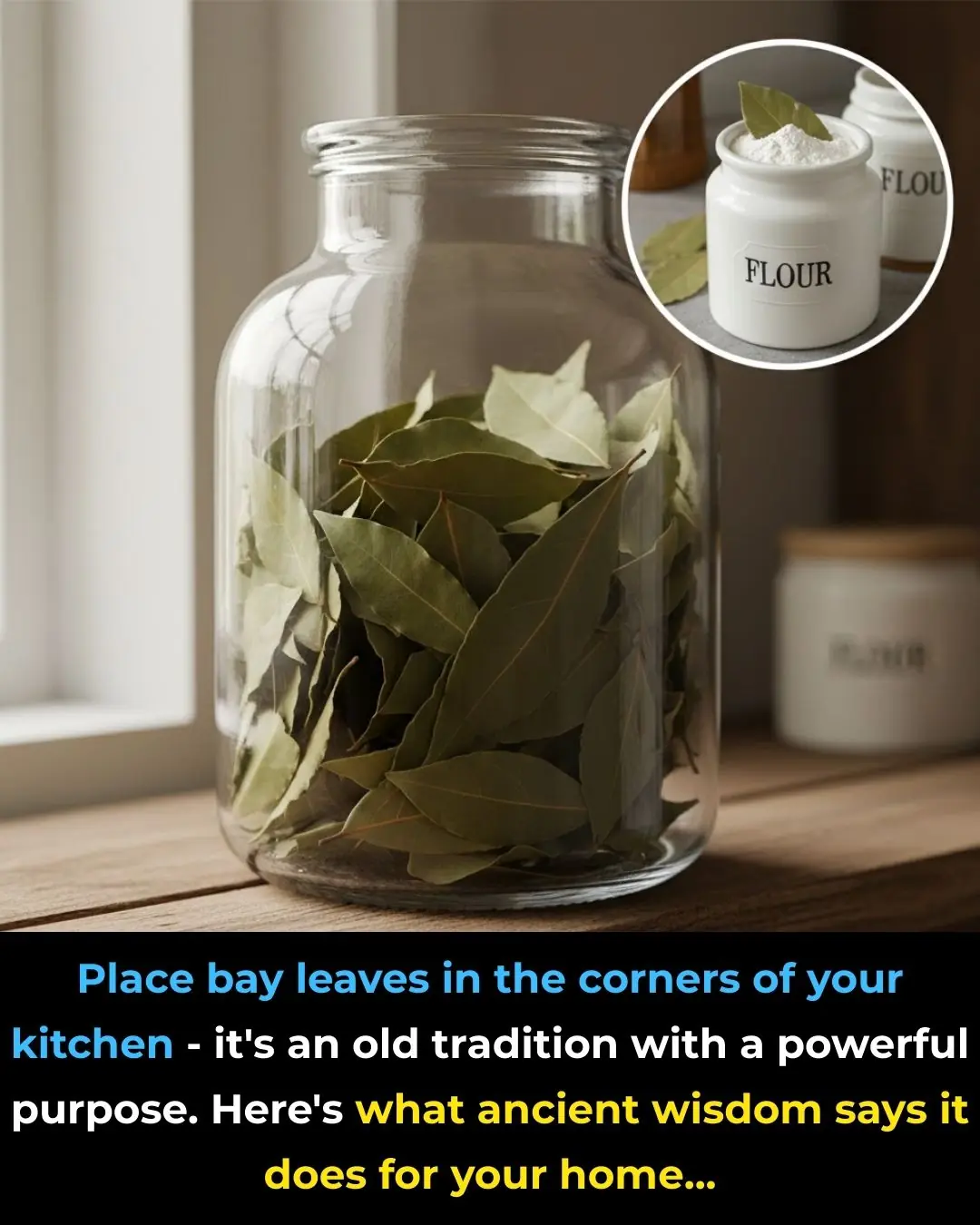
Put Bay Leaves in the Corners of Their Kitchen

Washing blood stains from bed sheets with hot water or detergent is completely wrong; this method will remove them completely, leaving no trace.

Don't put tomatoes in the refrigerator: Here's how to keep them fresh for a whole week without them spoiling.

Tips for boiling okra to keep it vibrant green, not slimy, and retain all its nutrients.

When frying pork fat, some people add salt, others add water, but chefs use pure white fat that lasts a long time without spoiling.
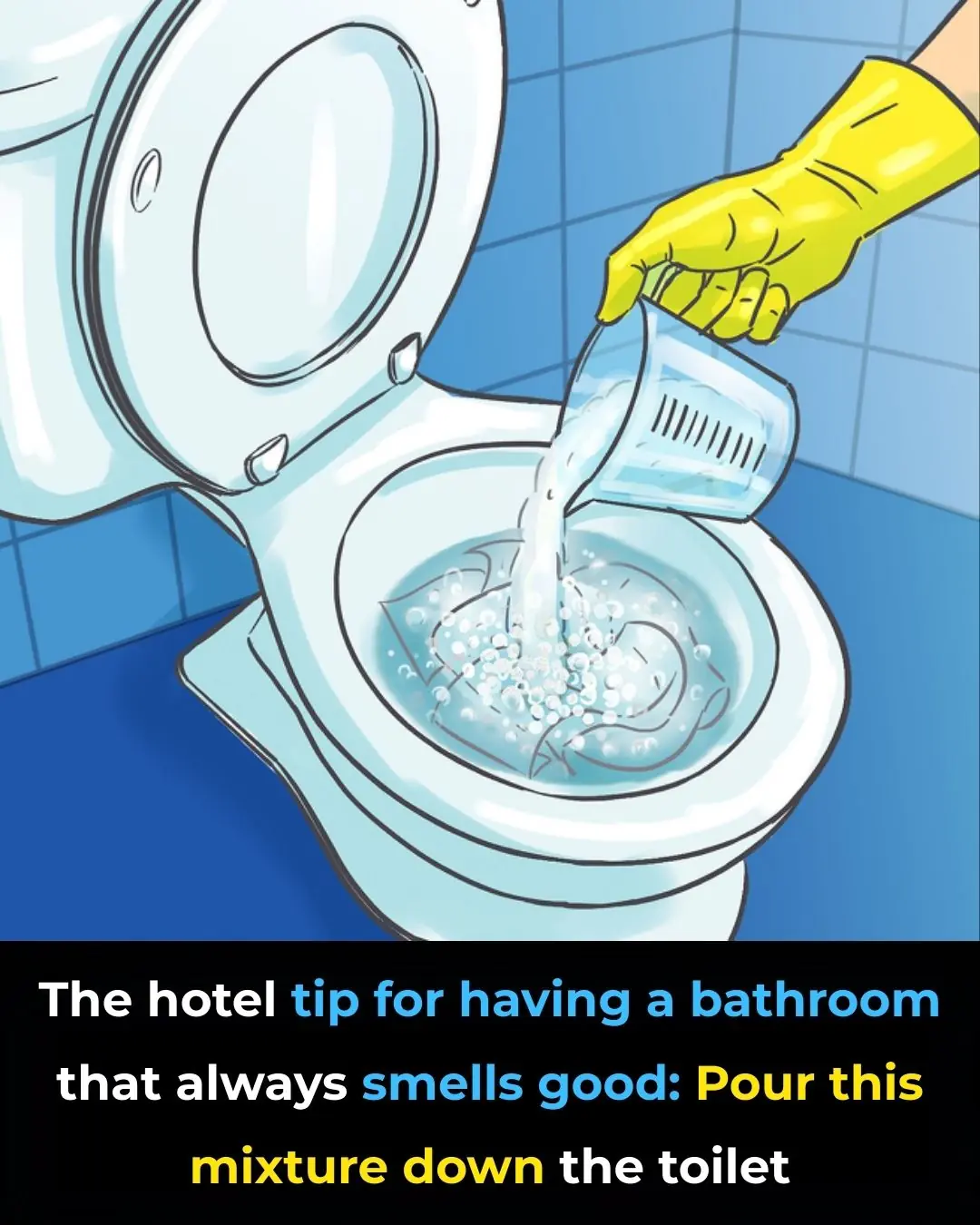
Easy Tips to Keep Your Bathroom Smelling Fresh All Day
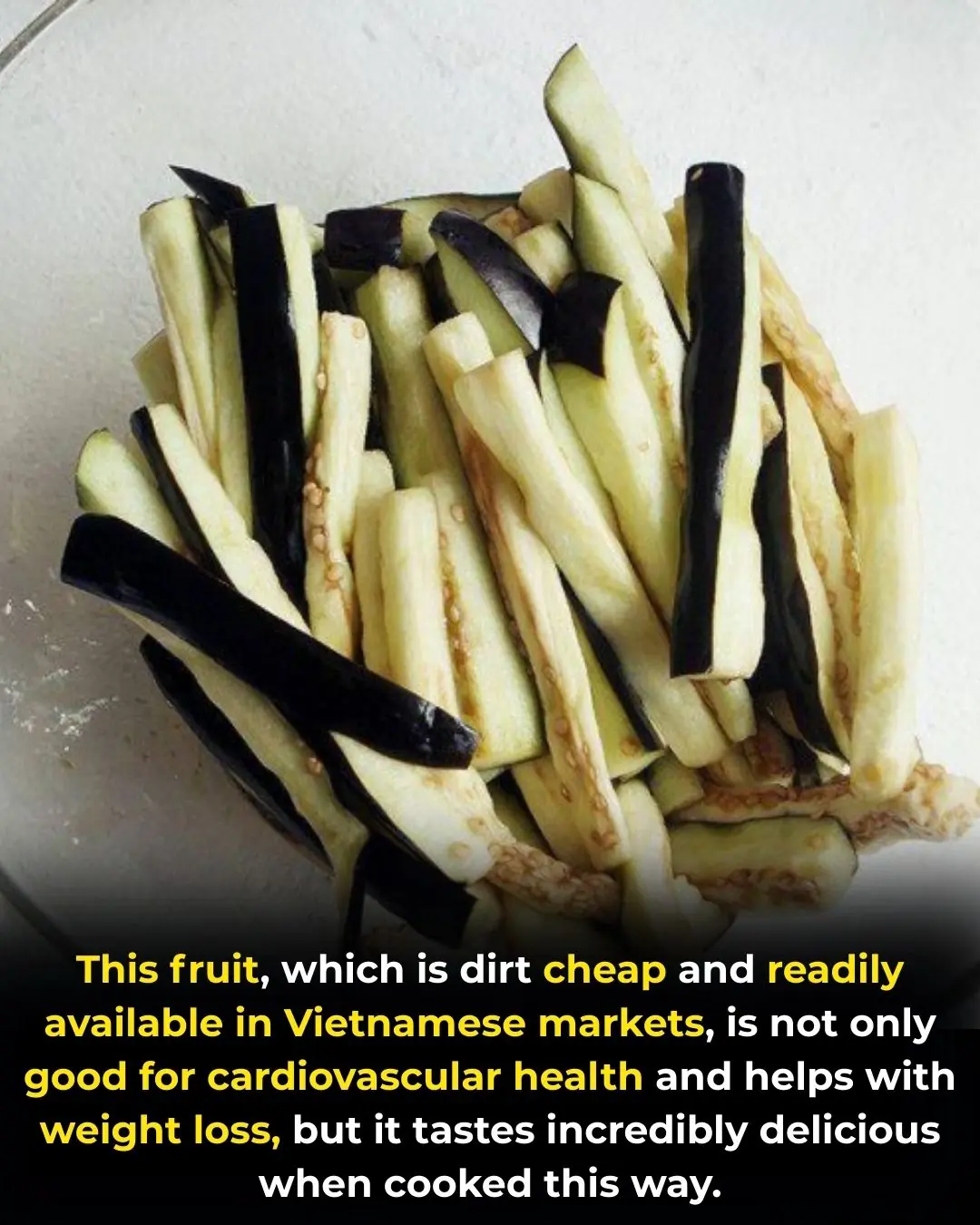
Why Eggplant Is an Affordable Superfood for Heart Health and Weight Management
News Post

Are You Up to Date on Migraine Prevention?

Radiation and Targeted Cancer Therapy Combination Shows Low Risk of Serious Side Effects

Can Metformin Protect Premature Infants After Antenatal Steroid Exposure?

Choosing Compassion Over Cameras: A Young Man Saves a Shark by Removing a Fishhook

Abandoned at One Year Old: The Heartbreaking Reality Behind a Chihuahua Left at a Shelter

Pets Are Not Disposable: A Lifelong Commitment, Not a Temporary Choice

The 400-Year-Old Greenland Shark: One of the Oldest Living Vertebrates on Earth

Vaccines and Healthy Aging: Benefits That Go Beyond Infection Prevention

What’s Your Generation and What It Means

Drink Coconut Water for 7 Consecutive Days and Notice Remarkable Health Benefits
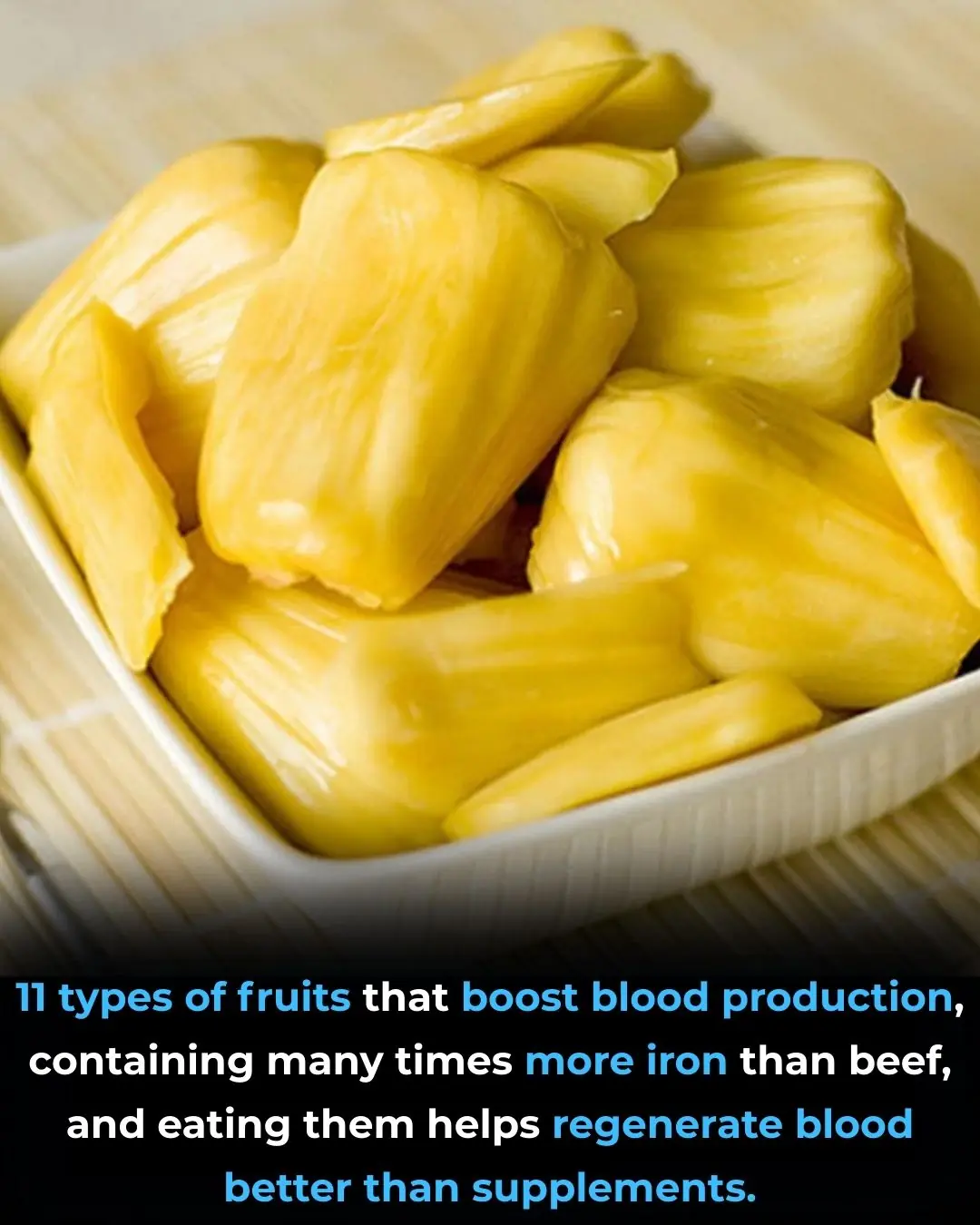
11 Fruits Rich in Iron That Help Improve Blood Health Naturally

Beyond Stroke, This Dangerous Disease Surges During Cold Weather
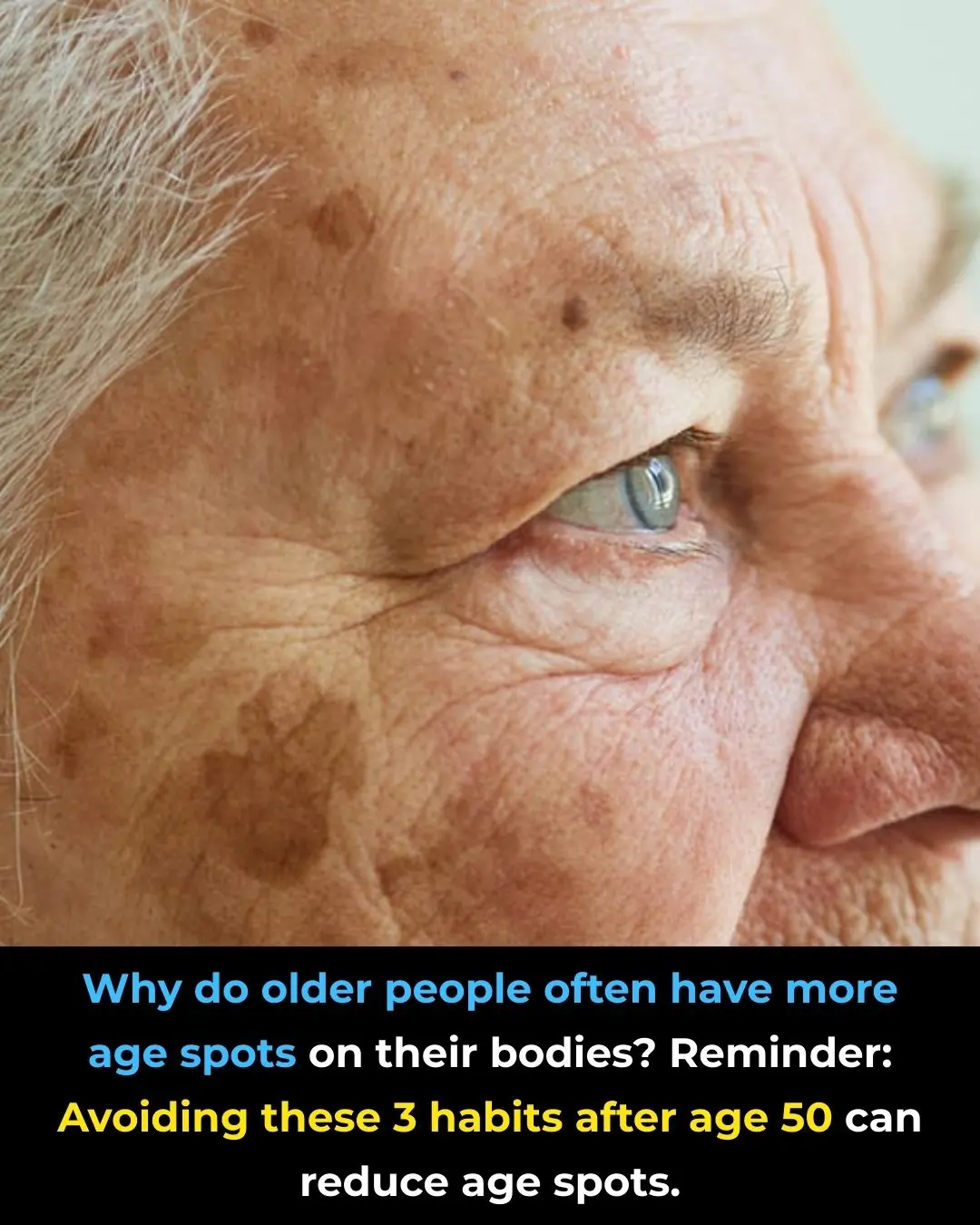
Why Do Older People Often Have More Age Spots on Their Skin?

Surprise Finding: How the Immune System May Prevent Us From Burning Fat

What Role Do Methanogens Play in the Gut Microbiome?

The Best Times to Drink Coffee for Optimal Health Benefits

Bula Choudhury: A Masterclass in Resilience and the Quiet Pursuit of Greatness 🌊✨

Targeted Violence in Khulna: A Growing Crisis for Law and Order ⚠️🇧🇩

When One Moment Changes Everything: A Story of Love, Trust, and Betrayal 🎶⚡💔
